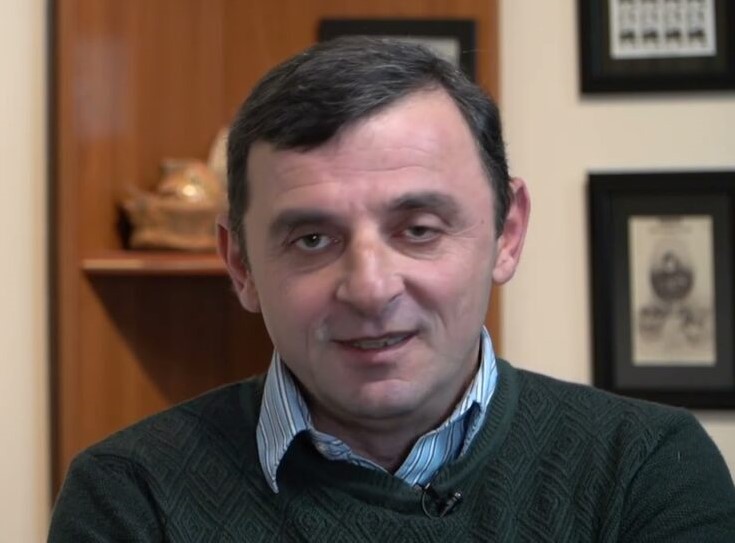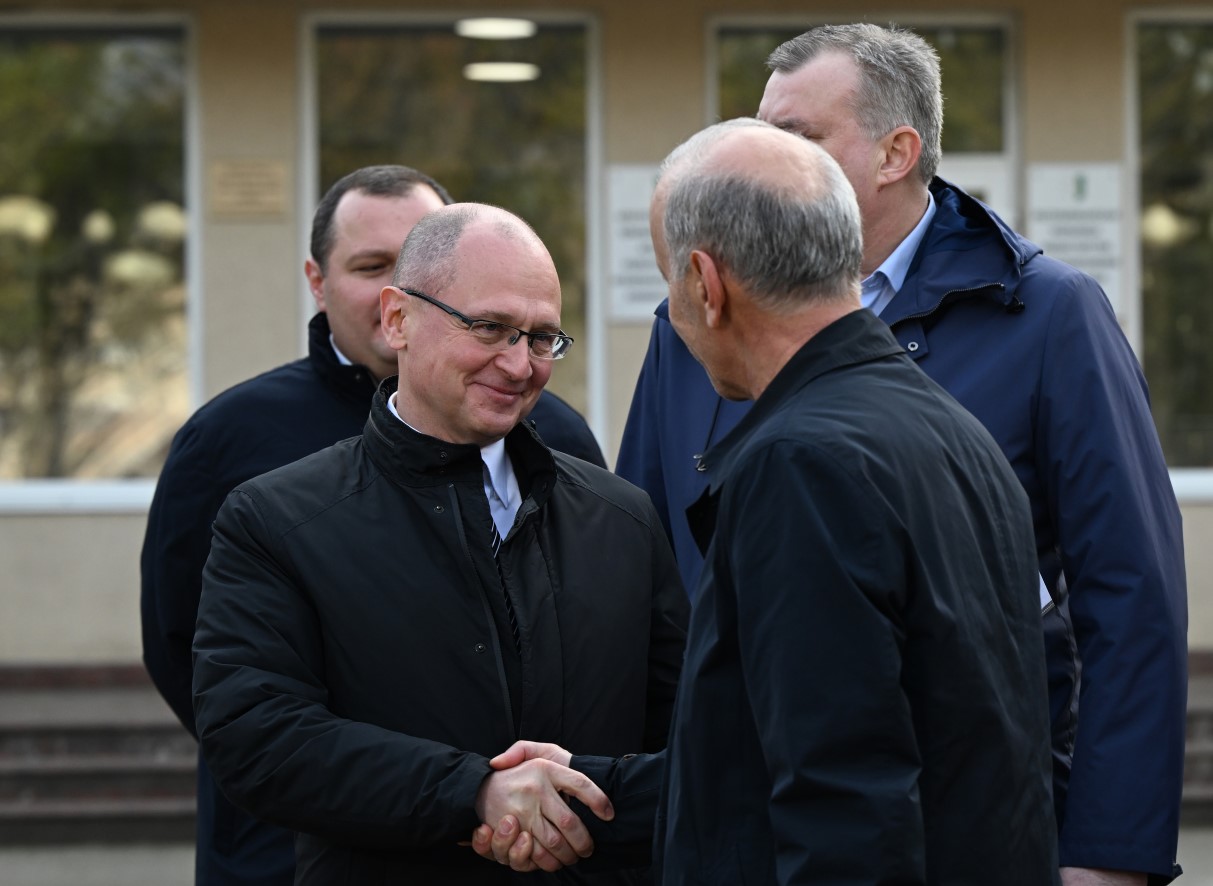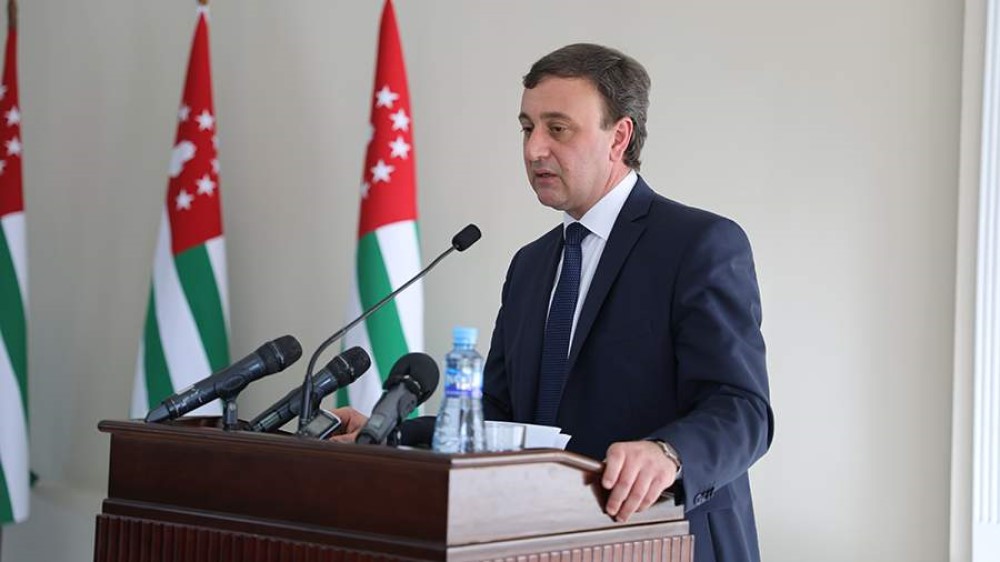"The new Kremlin handler clearly isn’t happy with the Abkhaz authorities’ inaction" – Opinion
On 10 July, first deputy chief of staff of the Russian presidential administration Sergei Kiriyenko visited Abkhazia once again. Kiriyenko has recently taken on responsibility for Abkhazia in the Kremlin.
In a blog post, Inal Khashig, editor-in-chief of the Chegemskaya Pravda newspaper, reflects on how the new Kremlin “curator” compares to his predecessor—and what hidden risks may lie beneath the surface.
Inal Khashig:

During his one-day visit to Sukhum, Sergei Kiriyenko, together with the Abkhaz leadership:
- looked for ways out of the ongoing energy crisis;
- held detailed talks on the reconstruction project for Sukhumi’s seafront promenade;
- checked in on the operations of the Russian bank that recently began issuing Russian pensions to local retirees;
- met with Abkhazia’s education minister to discuss joint education programmes with Russia;
- talked over plans to launch a sea route between Sukhum and Sochi;
- and stopped by the famous Brekhalovka café, gifting it a set of new tables.
Sergei Kiriyenko stands in stark contrast to his predecessor Dmitry Kozak, who didn’t visit Abkhazia once during his five-year tenure. Instead, Abkhaz officials had to travel to Moscow, often returning with questionable initiatives—such as proposals to turn the region into a tax haven for big Russian business.
The man tasked with pushing through these unpopular plans was then-President Aslan Bzhania, who justified them by saying that “sovereignty must be shared.” That line of reasoning ultimately led to his downfall: Bzhania was effectively ousted in November 2024. Not long after, Dmitry Kozak also stepped down from overseeing Abkhaz affairs.
Now, those controversial projects appear to have been shelved. At the very least, Sergei Kiriyenko has all but acknowledged they were not in Abkhazia’s interest—and they are notably absent from the current Russian-Abkhaz agenda.
What also set Dmitry Kozak apart was his tone—he reportedly spoke to Abkhaz leaders in a strictly commanding manner, at least according to those familiar with the matter. Kiriyenko, by contrast, is notably more diplomatic and respectful. He addresses everyone formally, listens not only to officials but also to ordinary citizens—and yet, beneath the politeness, he clearly has the resolve to get things done.
Right now, for many in Abkhazia—from everyday people to the new president, Badra Gunba—Kiriyenko is seen as a kind of crisis manager, expected to single-handedly pull the republic out of a deep and all-encompassing crisis.
But in this very approach lies, in my view, a fundamental flaw: the Abkhaz leadership has willingly stepped back from generating ideas or being the true centre of decision-making.
And Kiriyenko himself likely sees it too. He is clearly dissatisfied with the inaction of Abkhazia’s authorities—their inability or unwillingness to respond to mounting challenges. Because sooner or later, this passivity will once again lead to a political crisis, another power struggle, and the toppling of a president.
The views, place names, opinions, and ideas expressed in this publication do not necessarily reflect the views and ideas of JAMnews or its individual employees. JAMnews reserves the right to remove comments on publications that are deemed offensive, threatening, incite violence, or ethically unacceptable for other reasons.
News in Abkhazia




















